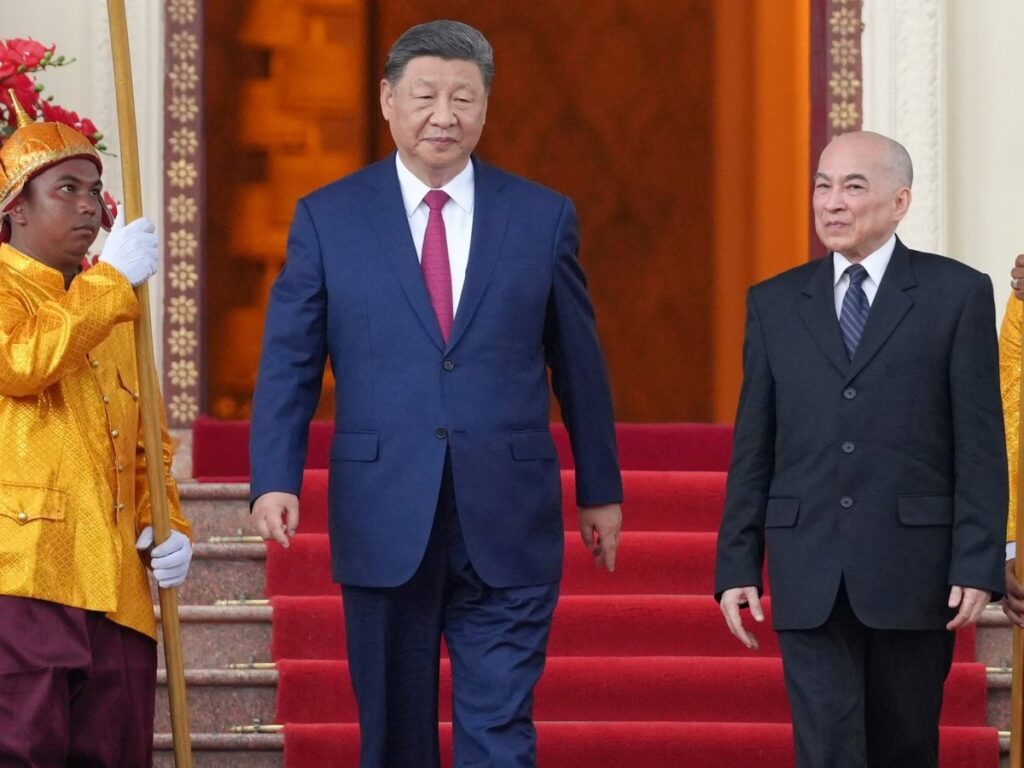China, typically vocal about conflict, is now preaching peace as its ally Pakistan reels from India’s Operation Sindoor. Urging restraint, Beijing sidesteps Pakistan’s terrorism links, fearing escalation could jeopardize its regional investments.
By Our Correspondent
New Delhi: Tensions between India and Pakistan have skyrocketed since India launched Operation Sindoor, a retaliation to the Pahalgam terror attack. Pakistan’s failed attempts to strike Indian targets were met with devastating counterattacks, with India destroying four Pakistani airbases, including Noor Khan. China, Pakistan’s close ally, has expressed concern over the escalating conflict. Beijing’s Foreign Ministry spokesperson urged both nations to prioritize peace, warning that further escalation serves no one’s interests. Notably, China remained silent on Pakistan’s role in fostering terrorism, a key driver of the conflict.
China’s Sudden Peace Appeal: China’s call for dialogue comes as India’s decisive military response exposed Pakistan’s vulnerabilities. The Chinese Foreign Ministry emphasized restraint, stating, “We urge both sides to remain calm, avoid actions that escalate tensions, and return to political reconciliation through peaceful means.” Beijing’s mouthpiece, Global Times, quoted the spokesperson advocating for mediation, suggesting China’s willingness to play a role in de-escalation. This shift in tone from a usually assertive China reflects its unease over the potential fallout, particularly as India’s actions signal zero tolerance for terrorism.
Pakistan’s Losses and China’s Concerns: India’s strikes crippled Pakistan’s military infrastructure, with airbases like Noor Khan reduced to rubble. Pakistan’s desperate retaliatory moves, including drone and missile attacks, were neutralized by India’s air defense systems. China, heavily invested in Pakistan through the China-Pakistan Economic Corridor, fears that prolonged conflict could threaten its economic and strategic interests in the region. The destruction of Pakistani assets and the risk of broader instability have prompted Beijing to push for calm, despite its historical support for Islamabad.
China’s Strategic Silence on Terrorism: While advocating peace, China avoided addressing Pakistan’s long-standing support for terrorist groups like Jaish-e-Mohammed and Lashkar-e-Taiba, which India targeted in Operation Sindoor. This omission underscores Beijing’s delicate balancing act—maintaining its “all-weather” alliance with Pakistan while avoiding direct confrontation with India, a significant economic partner. As global powers, including the U.S., call for de-escalation, China’s mediation offer appears driven more by self-interest than genuine concern for regional stability.
India’s resolute response to Pakistan’s aggression has forced China to rethink its stance, prioritizing stability over blind support for its ally. As tensions simmer, the world watches whether Beijing’s peace plea will hold or if escalation looms.


